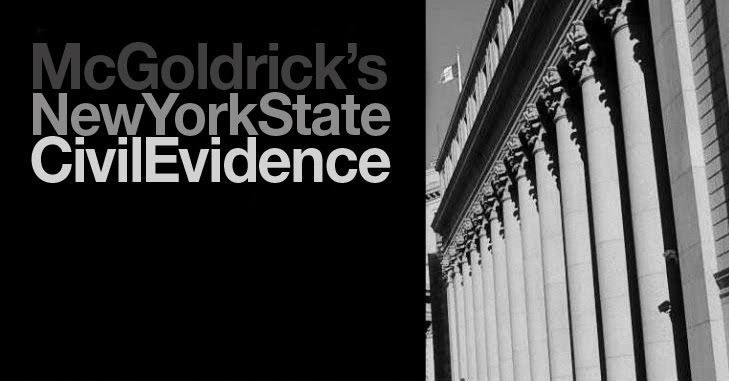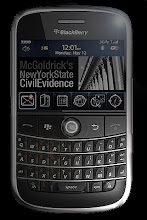The Supreme Court granted plaintiffs' motion to redact the hospital records to remove the admissions that the plaintiffs were working. On appeal First Department held plaintiffs were not entitled to redaction of the records so as to omit the admissions that they were involved in the work on the building in Preldakaj v Alps Realty of NY Corp. (2010 NY Slip Op 00294).
"The motion court, after correctly finding that the admissions were not germane to the diagnosis or treatment of plaintiffs' injuries and therefore were not admissible under the business records exception to the hearsay rule (see Quispe v Lemle & Wolff, Inc., 266 AD2d 95 [1999]), ruled that the records were to be redacted to omit statements that plaintiffs were applying the polyurethane. In addition, apparently addressing the exception to the hearsay rule for admissions against interest in hospital records (see Coker v Bakkal Foods, Inc., 52 AD3d 765 [2008], lv denied 11 NY3d 708 [2008]), the court ruled that the statements were unreliable, and therefore inadmissible, in view of uncontradicted evidence about the effects of the morphine that was administered to plaintiffs during treatment. This was error. The evidence concerning the effects of the morphine goes to the weight to be accorded the admissions, not their admissibility (see [*2]Gangi v Fradus, 227 NY 452, 457 [1920]).
The statements that plaintiffs were applying the polyurethane may only be admitted if there is clear evidence connecting the party to the entry (i.e., testimony that the party made the statement) (see Berrios v TEG Mgt. Corp., 35 AD3d 775 [2006]). If the statements are admitted at trial and it is determined that, contrary to plaintiffs' position, they were refinishing the floors when the fire broke out, then it will have been shown that plaintiffs' "role in the affairs of [Alps] involved ensuring the performance of the particular corporate duty whose breach [they] allege[] caused [their] injur[ies]," and they will be unable to prevail in this action (see 47 AD3d at 512)."

